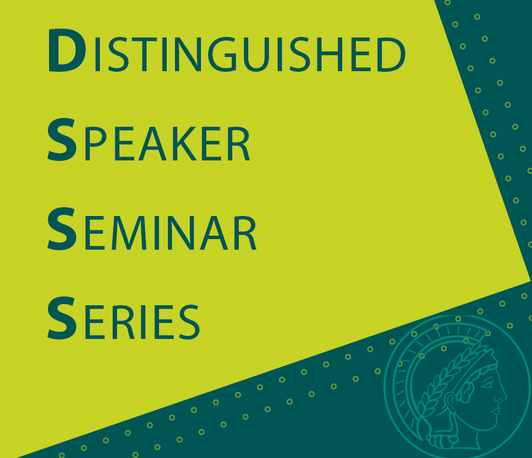DSSS - Adventures in African Plant Genomics
- Datum: 24.11.2023
- Uhrzeit: 15:00 - 16:00
- Vortragende: Dr. Patience Chatukuta
- Molecular Biology Department, MPI for Biology
- Ort: MPI für Biologie, Max-Planck-Ring 5, room 0A01

The vision of the new African Plant Genomics group at the MPI for Biology Tübingen is to create partnerships between European and African institutions for capacity-building and knowledge-sharing for genomics research of under-researched plants. The group will be using a genome-centred approach to dissect the genetic basis for phenotypic variation that is related to agronomically-important traits. We will focus on horned melon, a neglected cucurbit that originated in Zimbabwe and is used by the indigenous people for its nutritional and health benefits. Horned melon exhibits resistance to biotic and abiotic stresses that negatively affect more common cucurbits such as melon and cucumber. Through distribution mapping, comprehensive plant phenotyping, T2T genome sequencing and comparative transcriptomics, we will be exploring the genetic basis for the phenotypic variation of agronomically important traits in southern African horned melon accessions, with a particular focus on (1) farmer-preferred physical characteristics, and (2) resistance to root-knot nematode (Meloidogyne incognita). We expect the research findings to provide insights into the genotypic and phenotypic diversity among horned melon accessions from southern Africa, and to reveal the transcript-level species’ response to nematode infection. Based on these findings, we will identify key genomic targets for breeding horned melon with improved agronomic traits and for integration of pathogen resistance into the more economically important cucurbits.
The research will be a collaborative initiative
between our group and the University of Zimbabwe. We will train at least 2
African doctoral candidates through a sandwich PhD program, and also build a
research network through exchange visits to share technical and human
resources, as well as indigenous knowledge.